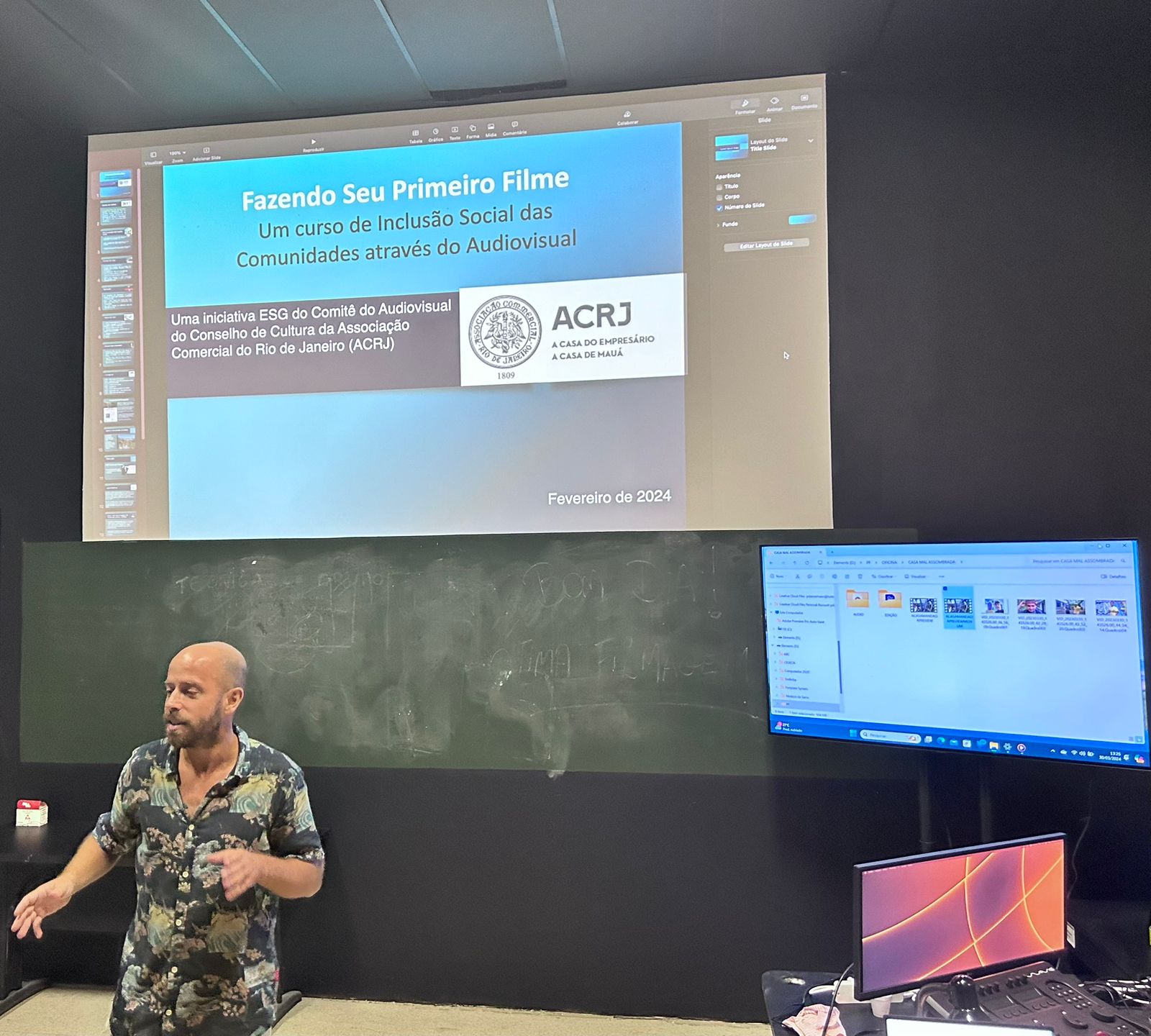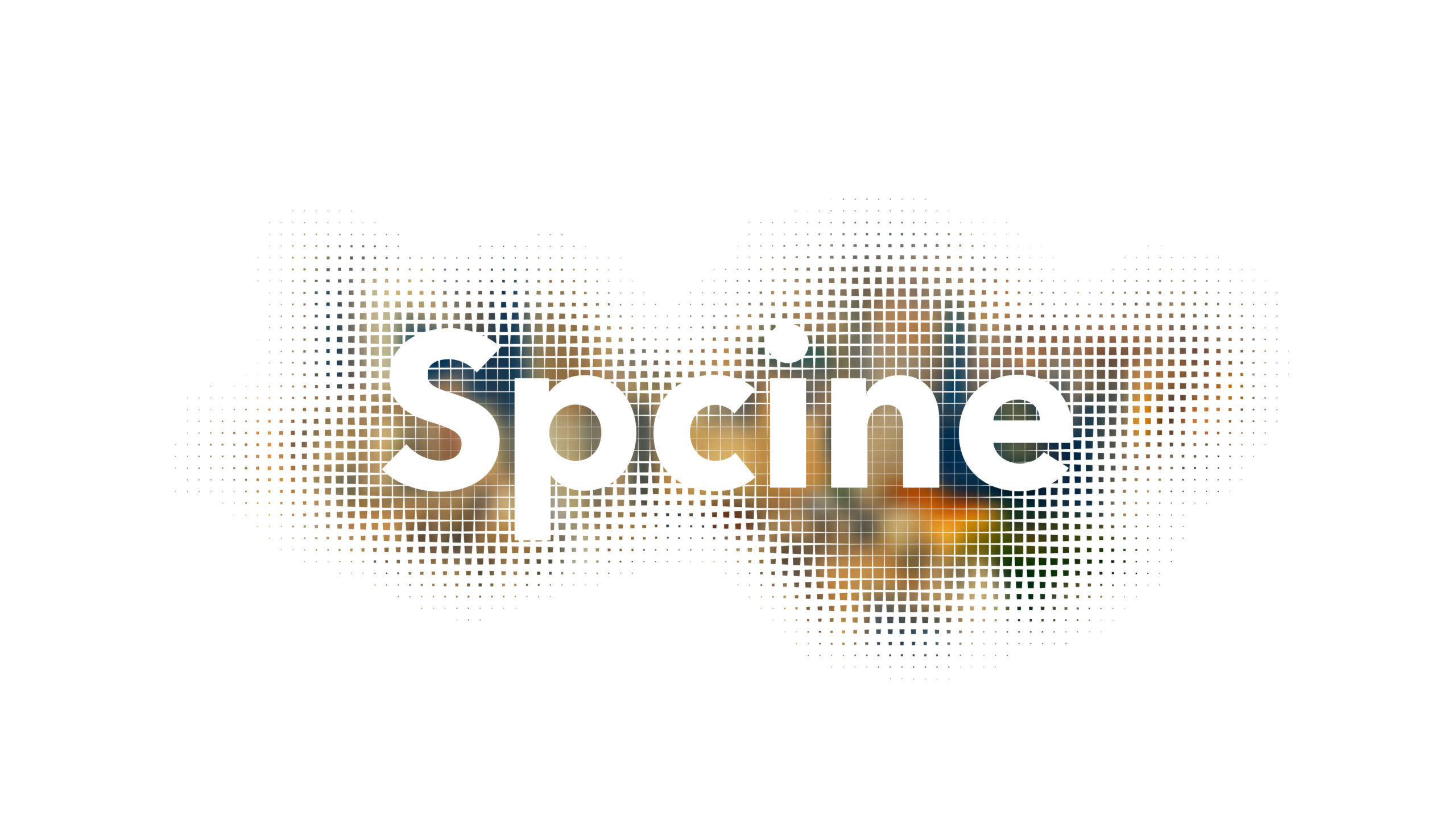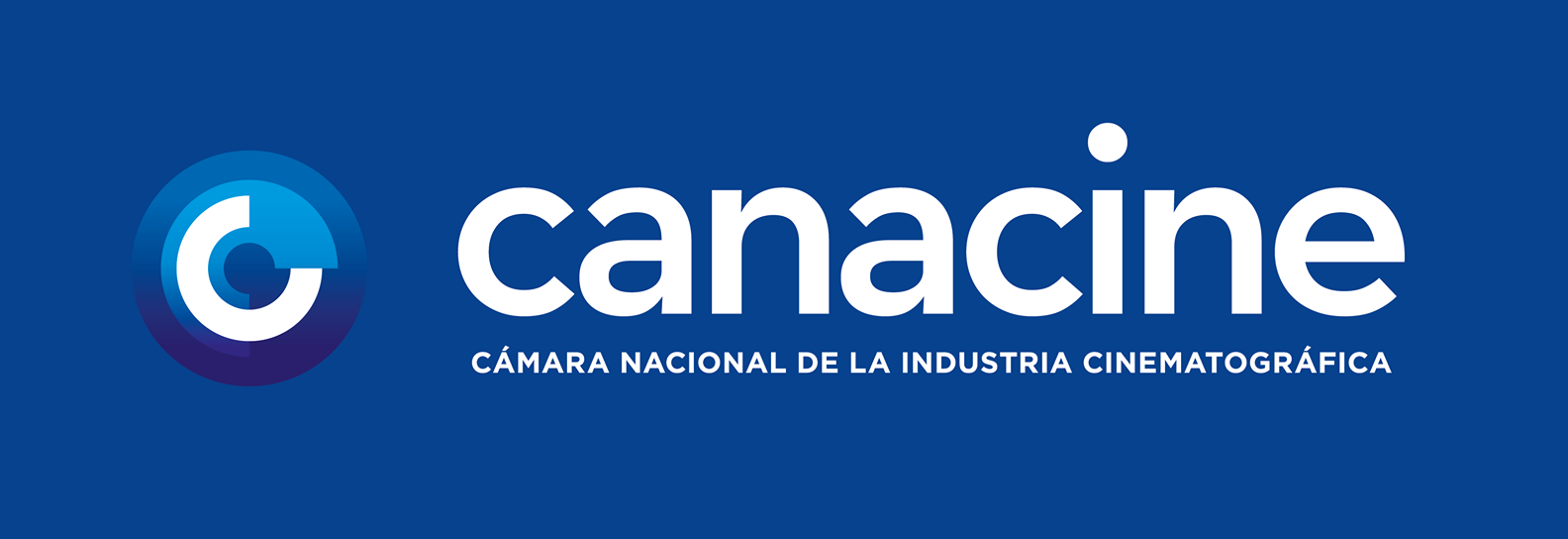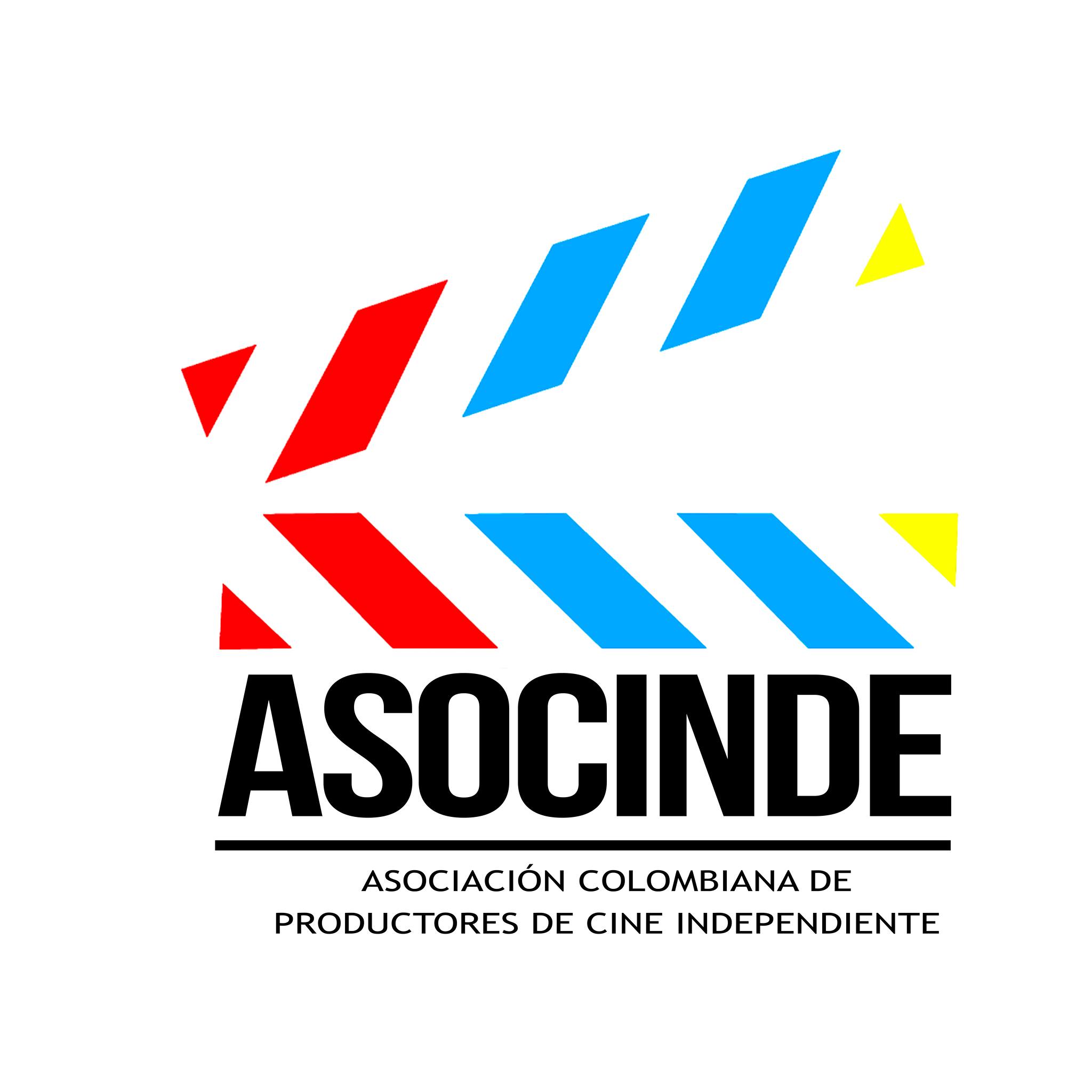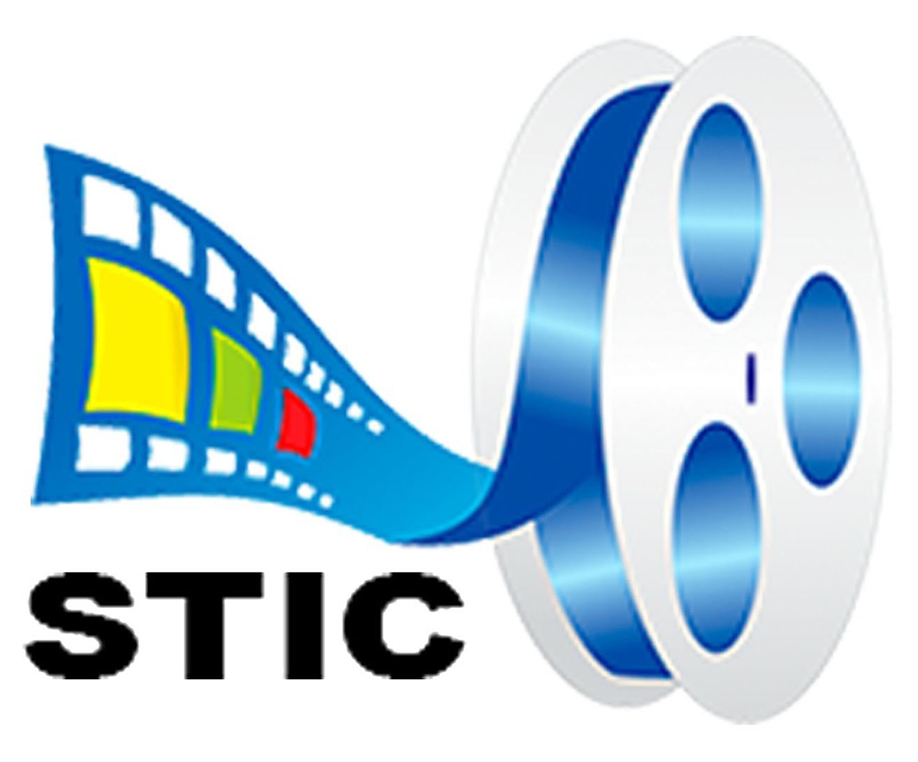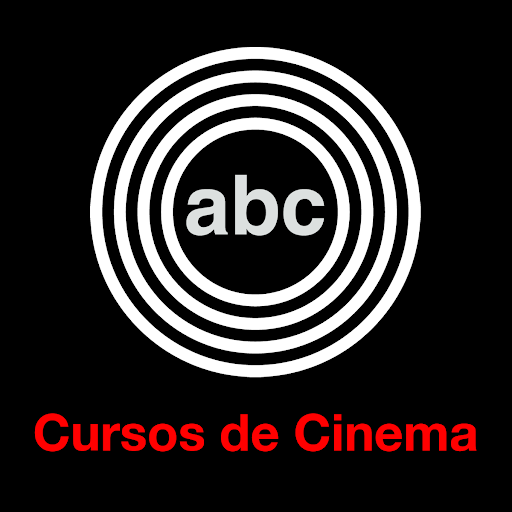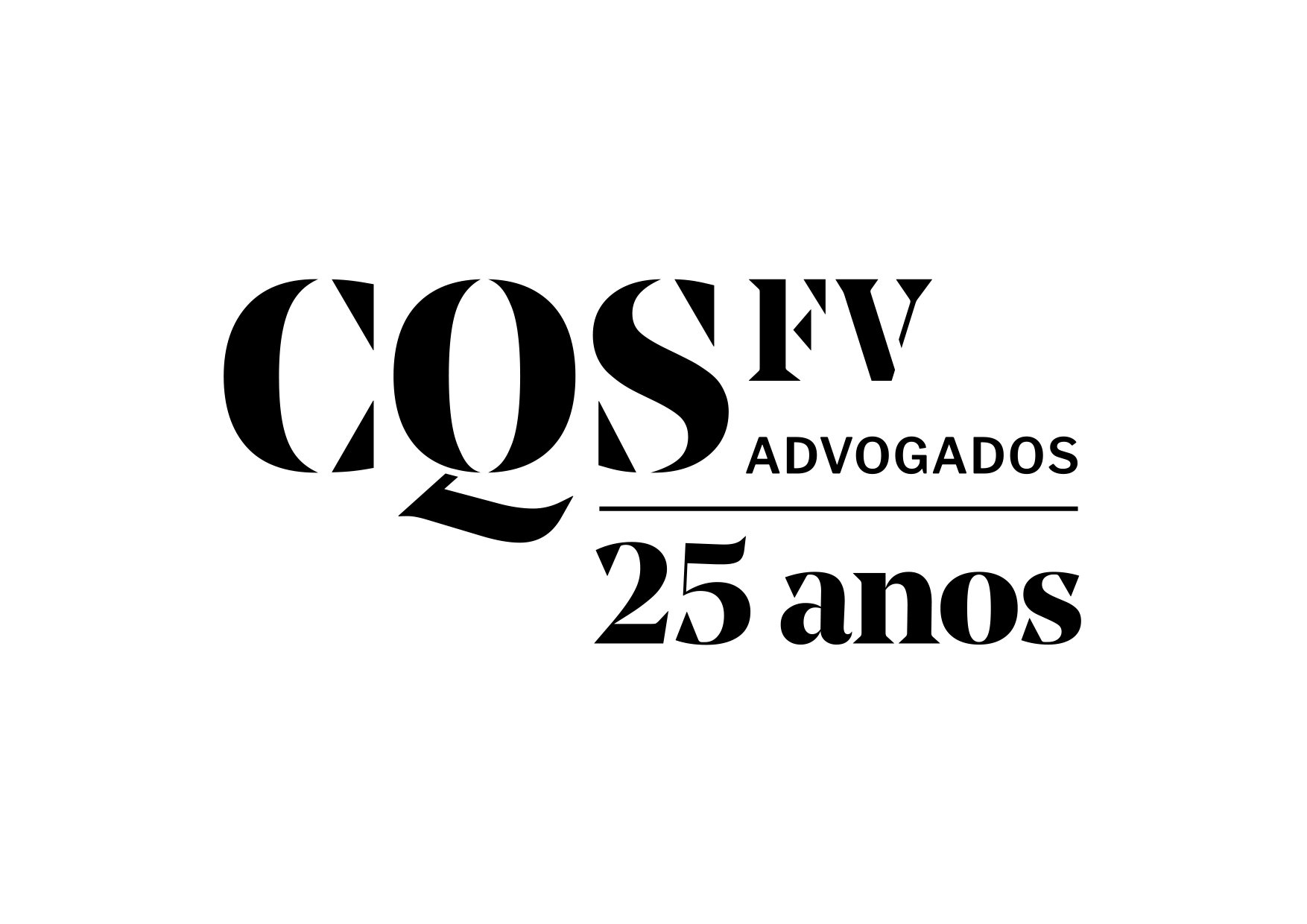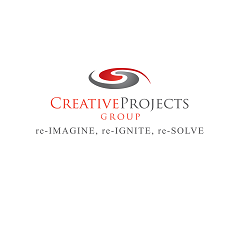By Pedro Danemann
Filmmaker and Audiovisual Teacher
As the teacher of the course “Making My First Movie,” the social impact project organized by the Latin American Training Center-LATC, and various local co-sponsors in Rio de Janeiro, I have the honor of witnessing the transformation of lives and communities through the power of cinema. This course, dedicated to people from marginalized communities and neighborhoods (favelas), opens doors that are often closed to these areas of the city. This initiative not only teaches the fundamentals of film production but also provides a powerful tool for artistic expression, essential for giving voice to stories rarely seen on the big screens in Brazil.

Approach and Methodology
The course covers all the fundamental aspects of making a movie. From the conception of the idea, through scriptwriting, to filming and editing techniques, we use accessible tools like cell phones, further democratizing the creative process. This practical and accessible approach allows everyone, regardless of their economic resources, to express themselves through cinema.
The methodology is participatory and inclusive. All participants have a voice, and their ideas are discussed in groups. This space of freedom to create and listen is essential for developing both collective and individual narratives. In cinema, alterity—the encounter with the other—is a fundamental characteristic. Promoting this encounter is crucial as it broadens the participants’ horizons and allows their local stories to resonate with people from different contexts around the world.

Impact and Protagonism
At the end of the course, each participant will have made a short film, an accomplishment we celebrate in a special screening event and closing ceremony. This event is not merely a film screening; it is a huge celebration of our students’ achievements. We invite family, friends, community members depicted in the films, and the media to watch these films, generating a sense of importance and protagonism among the participants. Seeing their stories projected on the cinema screen is a transformative experience.
If your story is interesting enough to be shown in a cinema, then it is important. By talking about their communities, our students speak to the whole world, demonstrating that art transcends geographical and social barriers.

As the project teacher, I see the course “Making My First Movie” as a beacon of hope and transformation. It offers participants not only a technical skill but a new perspective on their own lives and potential. Each movie is a testament to the talent and resilience of these young filmmakers, who, despite adversities, manage to create works that move and inspire.
Conclusion
“Making My First Movie” is more than a film course; it is a platform for social transformation. It enables those traditionally left out of the Brazilian audiovisual process to find their voices and tell their stories. By offering an inclusive and accessible methodology, the course promotes alterity and broadens the horizons of the participants. Cinema thus becomes a mirror where communities, often marginalized, can see their own stories of struggle, resilience, and hope reflected on film.
